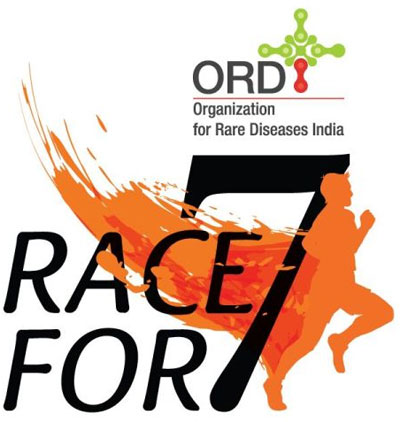The Union health minister announced a ‘one-time financial assistance’ in Parliament on Friday, but did not specify any amount

Days after withdrawing the national policy for treatment of rare diseases (NPTRD), the Union health minister announced a ‘one-time financial assistance’ in Parliament on Friday.
It may be mentioned here that while presenting its arguments in a case related to rare disease in Delhi high court on November 30, the government had said that it has put its existing policy in abeyance.
Observing that the government’s “somersault does not reflect well on the decision making process in the Ministry”, the court had expressed shock on the fact that despite the government stating that it had allocated Rs 100 crore for an initial corpus and was working according to the policy, not a single penny was actually allocated.
The government had replied that till a new policy is formulated, it would inform the court on an interim measure on next date of hearing, that is, February 8, 2019. Six states, including Delhi, incidentally had formulated the necessary policy on the basis of Centre’s policy, which was ultimately put in abeyance.
Replying to a question in the Lok Sabha, Union health minister J P Nadda said, “Ad-interim, the standing finance committee has approved a proposal for adding a sub-component under the umbrella scheme of Rashtriya Arogya Nidhi (RAN) for provision of one-time financial assistance to those below threshold poverty line for specified rare diseases which require one-time treatment.” However, he did not specify the amount.
Regarding the new policy, he could only say that an expert committee has been formed but did not specify a deadline. A December 10, 2018, notification of the ministry had said that a 10-member committee has been formed to draft a revised policy. No meeting of the committee has taken place as of yet.
In another reply, Nadda said that though the policy had been put in abeyance, Rs 10 lakh each was released to four patients—two from Delhi, one from Jharkhand and one from Maharashtra—to comply with orders of Delhi, Jharkhand and Nagpur high courts. While there is no registry of rare diseases patients in India, according to government’s own estimates, given in the national policy document, there are between 70-90 million patients, while the cost of treatment may vary from Rs 18-70 lakh.
Prasanna Shirol, co-founder and executive director of Organisation for Rare Disease India (ORDI), says, “This is simply an eyewash. A full-fledged policy was in place. The thoughts and recommendations of three committees formed by the government itself had gone into its making. How could the government withdraw it and now present a one-time financial assistance as an interim arrangement which can never be a substitute for a policy?”
“Most of the 300-odd rare diseases for which treatment is available (for the rest are not) are progressive. They require continuous support and not just one-time assistance. Therefore, most of the countries have policies in place. In any case if they thought their policy was not good enough, they should have brought out a new policy before putting the existing one in abeyance,” adds Dr Shirol.
The most common rare diseases recorded in India are Haemophilia, Thalassemia, sickle-cell anaemia and primary immuno deficiency in children, auto-immune diseases, Lysosomal storage disorders such as Pompe disease, Hirschsprung disease, Gaucher’s disease, Cystic Fibrosis, Hemangiomas and certain forms of muscular dystrophies.
https://www.downtoearth.org.in/news/health/no-policy-for-rare-diseases-govt-declares-one-time-financial-assistance–62705



